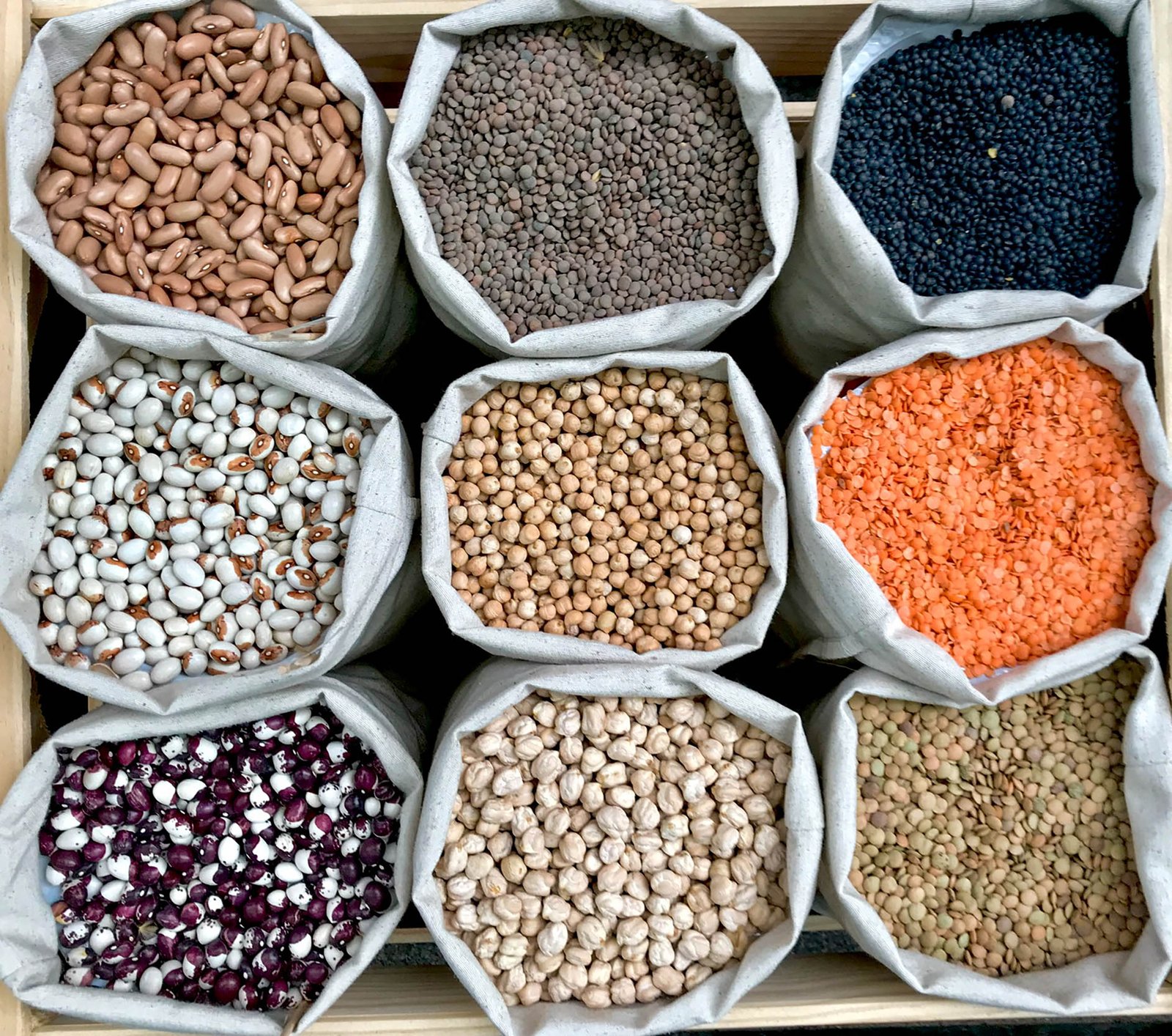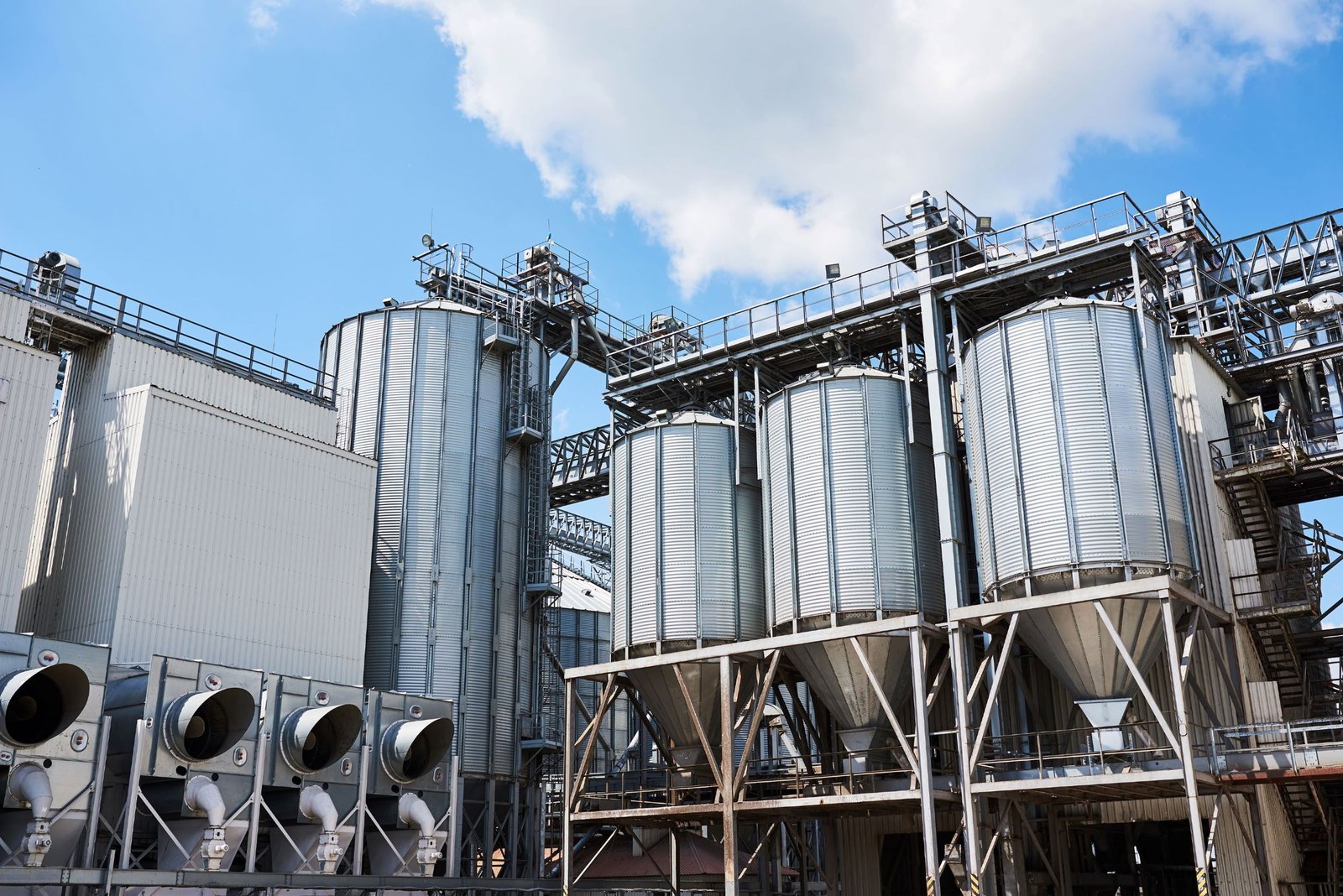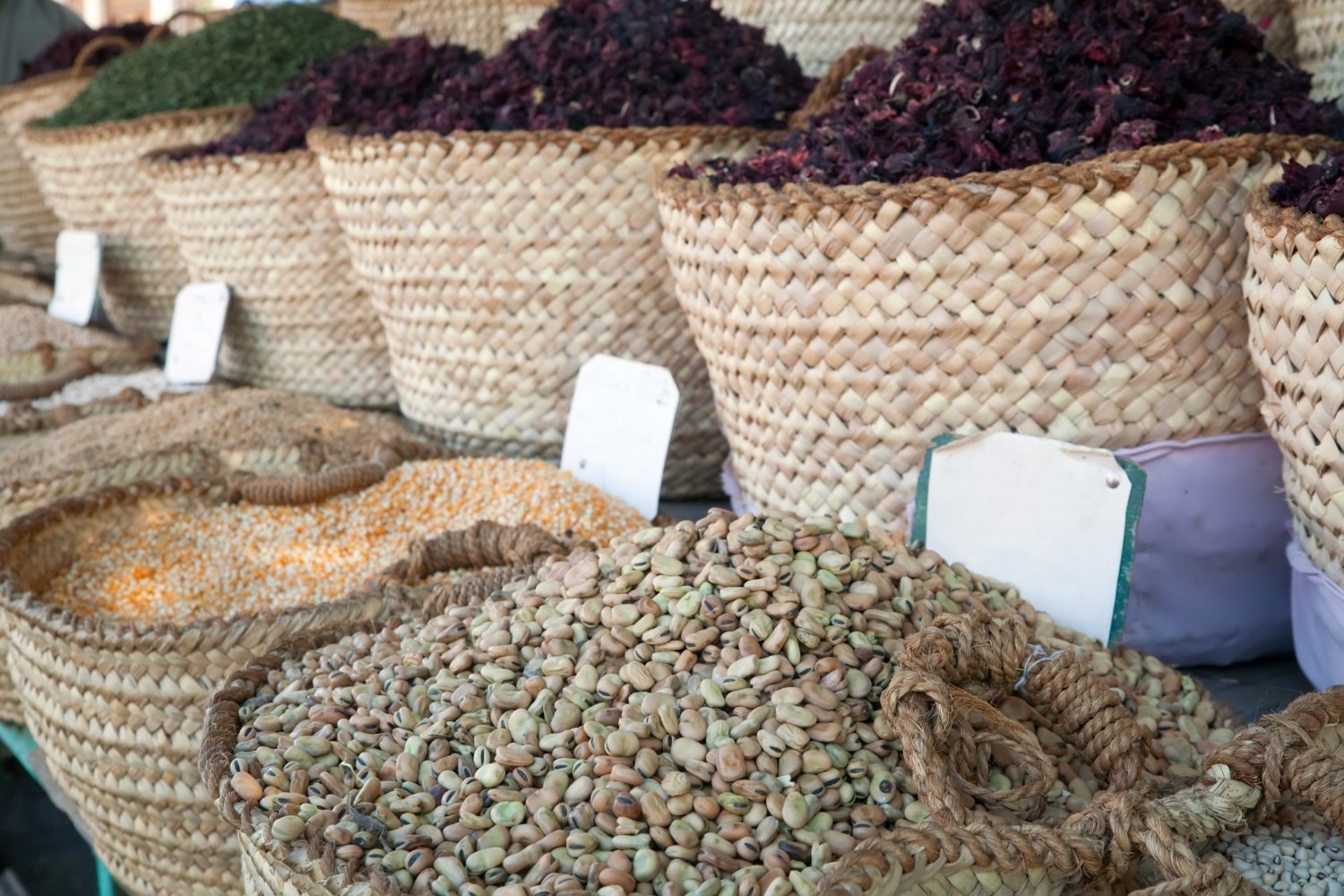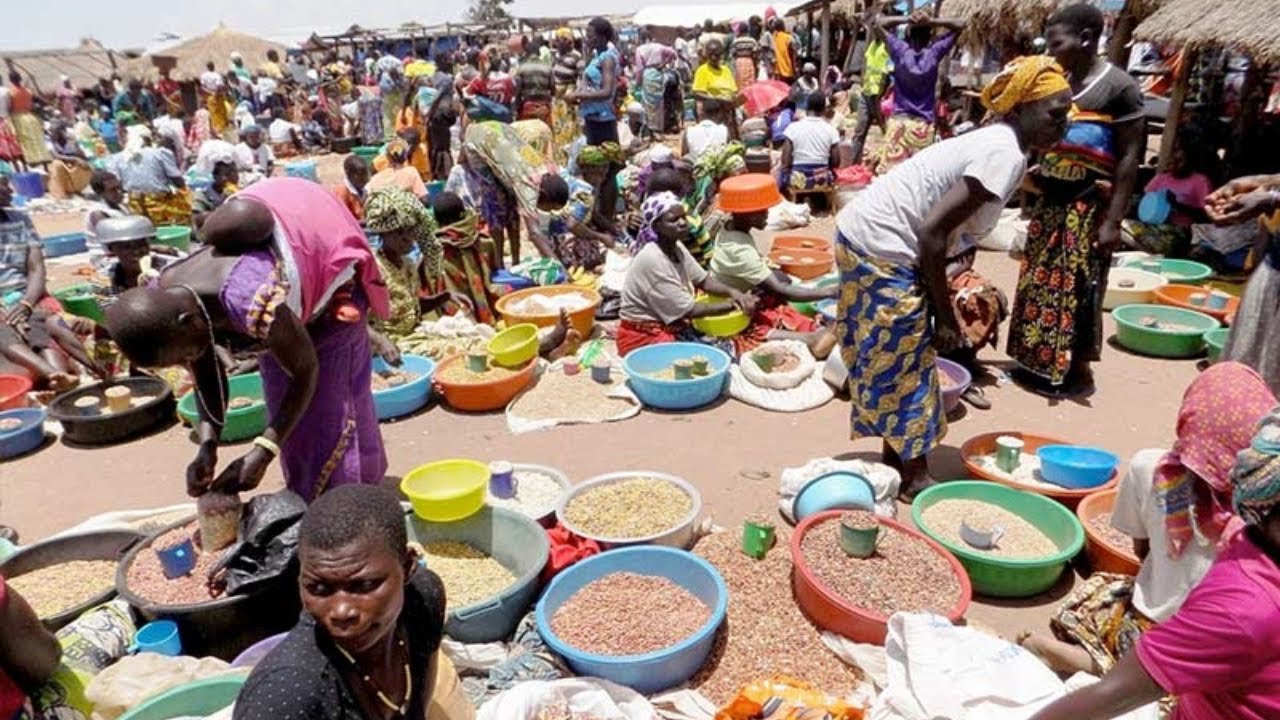In the bustling global market, where commodities are traded with fervor, agrocommodities stand as the cornerstone of economic growth and sustenance. From the moment seeds are sown to the point they grace our tables, the journey of agricultural products is a fascinating one, intertwined with numerous processes and players. Let's embark on a journey to explore the rich tapestry of agro commodities, from their meaning to their impact on development and everything in between.

Understanding Agro Commodities:
At its core, agro commodities encompass a wide array of agricultural products, ranging from grains, pulses, and oilseeds to livestock, dairy, and forestry products. Essentially, anything that is cultivated or reared on a farm can be classified as an agro commodity. These commodities form the backbone of global food security and play a pivotal role in shaping economies around the world.

Storage and Preservation:
Once harvested, agricultural products undergo meticulous storage and preservation processes to maintain their quality and integrity. From traditional methods like silos and granaries to modern technologies such as cold storage facilities and controlled atmosphere storage, the goal remains the same – to safeguard the produce from spoilage and ensure its availability year-round.

Contribution to Development:
Agriculture isn't just about growing crops; it's a catalyst for socio-economic development. Across the globe, agriculture sustains livelihoods, alleviates poverty, and drives rural development. By providing employment opportunities, empowering smallholder farmers, and contributing to GDP growth, agriculture emerges as a potent force for positive change.

Commodity Trading Demystified:
Commodity trading involves the buying and selling of standardized contracts for future delivery of commodities. In the case of agro commodities, this includes futures contracts for crops like corn, wheat, and soybeans. These contracts serve as a hedging mechanism for farmers and a speculative avenue for investors, allowing them to mitigate risk and capitalize on price fluctuations in the market.
Investment Opportunities
For investors seeking to diversify their portfolios, agro commodities present an enticing opportunity. From direct investments in farmland to futures trading on commodity exchanges, there are various avenues through which one can gain exposure to the agricultural sector. However, it's essential to conduct thorough research and seek expert advice to navigate the complexities of this market successfully.

Marketing Agricultural Products
Effective marketing is paramount for agricultural products
to reach their intended audience. Whether it's through traditional channels
like farmer's markets and cooperatives or modern platforms such as e-commerce
websites and social media, strategic marketing strategies can enhance
visibility, promote brand awareness, and drive sales for agricultural
producers.

The Role of Agro-Allied Products:
Agro-allied products refer to goods derived from agricultural raw materials that undergo processing or value addition. This includes products like processed foods, textiles, biofuels, and pharmaceuticals. By adding value to primary agricultural commodities, agro-allied industries contribute to job creation, industrialization, and export earnings, further bolstering the agricultural sector's significance.
The Essence of Commodity Farming:
Commodity farming, also known as cash cropping, involves the
cultivation of crops primarily for sale rather than for personal consumption.
This practice is prevalent in regions with conducive agro-climatic conditions
and access to markets. While commodity farming offers the potential for
increased profits and market integration, it also poses challenges such as
price volatility and dependency on external factors like weather and market
demand.
CONCLUSION
In conclusion, agrocommodities epitomize the symbiotic
relationship between agriculture and commerce, serving as the lifeblood of
economies and sustenance for billions worldwide. By delving into their
intricacies, we gain a deeper appreciation for the vital role they play in
shaping our world, from the fields where they're cultivated to the markets
where they're traded. As we continue to navigate an ever-evolving global
landscape, the significance of agro commodities remains steadfast, bridging the
gap between farm and market with resilience and purpose.


